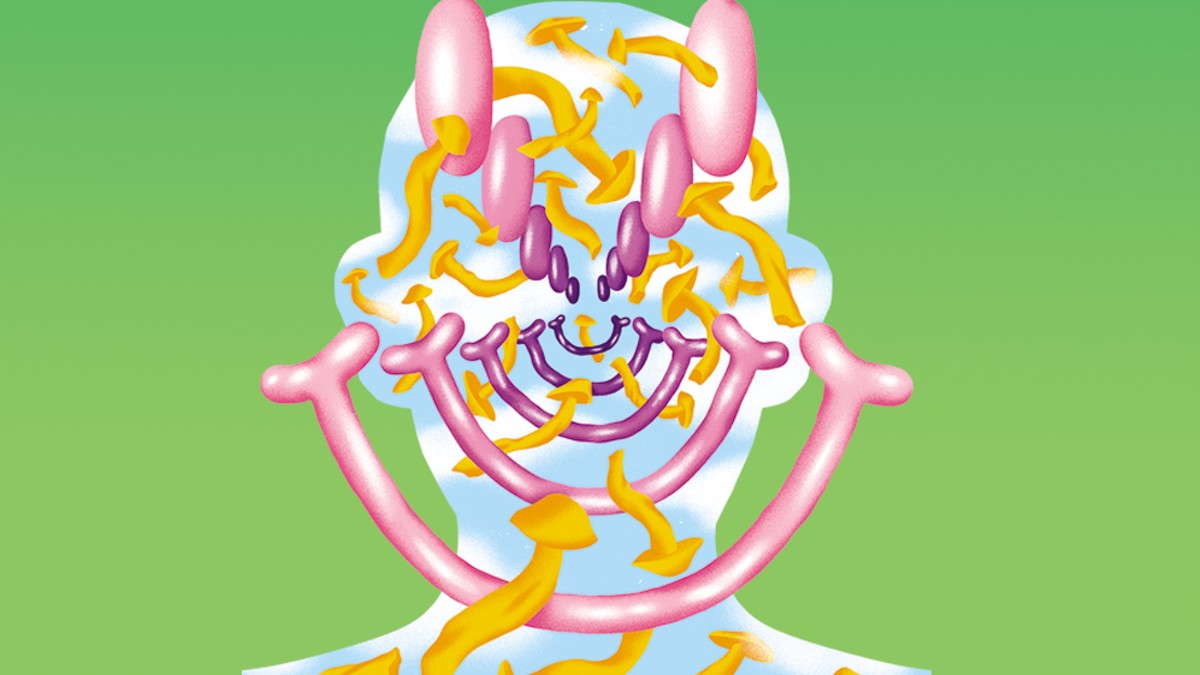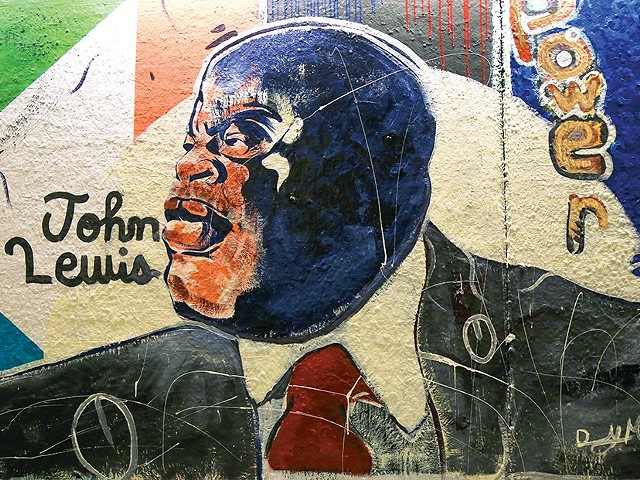
These days, Thomas' ketamine patients hail from across Missouri. Like her patient Scott Mickey, many travel to the St. Louis clinic, sit in a comfortable chair in the salt room and let reality melt away through six to eight sessions over the course of a month. Those sessions are followed by a "maintenance" of additional booster infusions. The treatments are not cheap: Single infusions run about $350, and the full "package" of shots and boosters can cost more than $2,000.
However, some patients never step foot in the clinic. With virtual doctor's appointments, Thomas can prescribe and mail "Trip Kits," which come with an eye mask, aromatherapy, a ketamine nasal spray and a one-month supply of KetaChew ketamine lozenges; the kit also comes with a journal divided into sections for patients to write down their emotions, insights and visions encountered during the psychedelic experience.
Although the antidepressive effect of the ketamine can feel instant and last weeks, Thomas says that those improvements aren't permanent. That's why she recommends patients undergo booster infusions or self-administer ketamine via the nasal spray or lozenges at home.
But Thomas argues that ketamine is just the beginning. She points to recent research on other psychedelics long demonized as "party drugs" showing breathtaking potential for treatment of PTSD and addiction, particularly when paired with psychotherapy. Recent clinical trials on MDMA — a.k.a. the rave drug Ecstasy — have put the substance on track for FDA approval for therapeutic use in 2023.
The treatment Thomas is most excited for, though, is psilocybin.
"Ketamine is a synthetic, and it has similar benefits to psilocybin, but it's short-lived. There's more maintenance required; it's a little bit more like any kind of pharmaceutical," she says. "Whereas you can do a one dose of psilocybin, and treatment-resistant depression can be eliminated."
Thomas isn't just shouting into a void. In 2019, the FDA granted two psilocybin clinical trials "breakthrough therapy" status, and one year later a ballot measure made Oregon the first state in the nation to legalize psilocybin for therapeutic purposes.
But in Missouri, medical professionals, patients and activists seeking to legitimize psychedelic treatment are struggling to overcome old legal barriers — and the legacy of the War on Drugs.






